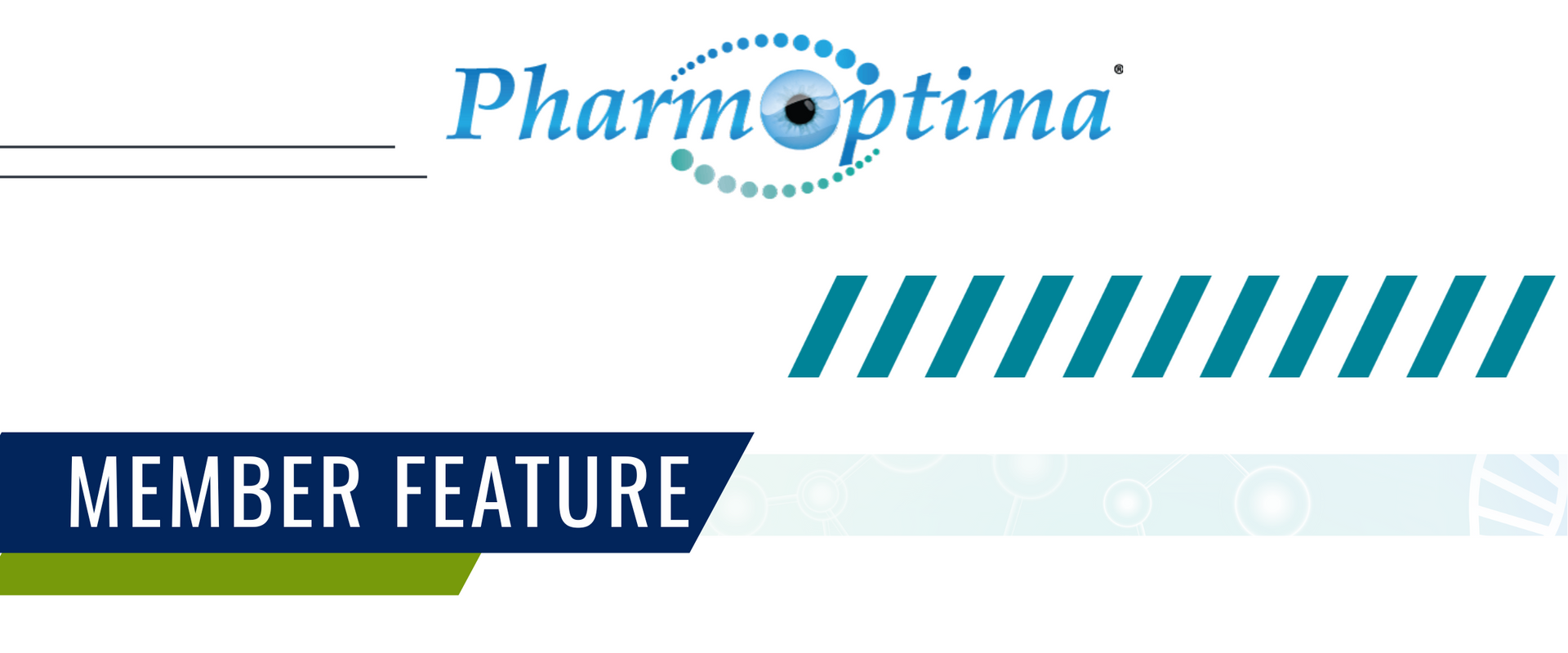NIH Issues Rules Banning DEI Activities

The National Institutes of Health (NIH) has implemented new grant policies that prohibit funding for researchers and institutions engaged in diversity, equity, inclusion (DEI), or accessibility initiatives. Effective April 21, 2025, this policy applies to all new, renewal, supplement, or continuation awards.
The NIH's updated "Civil Rights Term and Condition of Award" overrides previous guidelines, including those aligned with the Civil Rights Act of 1964. Recipients must certify that funds will not "advance or promote" DEI, accessibility, or what the policy describes as "discriminatory equity ideology." Additionally, the policy prohibits participation in boycotts specifically targeting Israeli companies or those doing business with Israel.
This policy shift aligns with broader actions by the Trump administration to curtail DEI initiatives across federal agencies. The National Science Foundation (NSF) has similarly indicated plans to terminate awards focused on DEI . Critics argue that these measures threaten academic freedom and hinder efforts to address health disparities among marginalized populations.
Legal challenges have emerged in response to these changes. A coalition of scientists and health organizations has filed a lawsuit against the NIH, alleging that the agency unlawfully canceled numerous research grants due to political motivations, particularly those related to diversity and inclusion. The outcome of this litigation may influence the future of federal funding for DEI-related research.
RECENT ARTICLES




